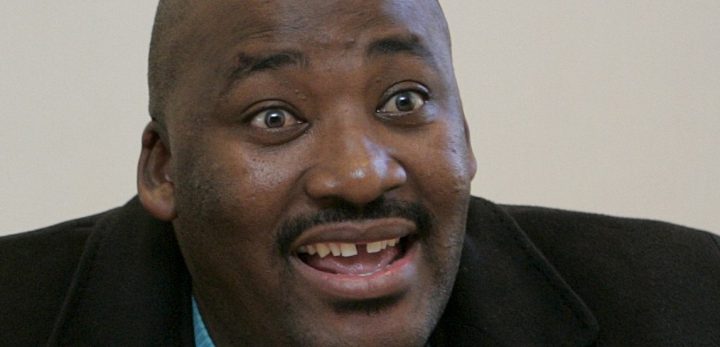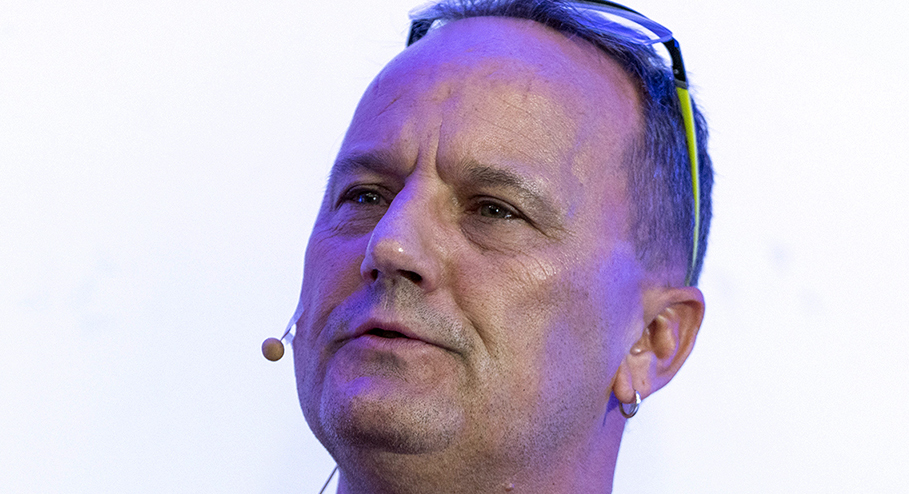OPERATION DUDULA
Facing hard truths and making tough decisions can break the cycle of xenophobia in SA

Ultimately, the crippled state needs to gets its house in order by cleaning up corruption, incompetence and a culture of politics coming before country.
There are ways out of the cycles of xenophobic surges and the deep polarisation in SA, but it comes down to confronting hard truths and getting on with putting plans and talk into action.
In March 2019, South Africa launched a National Plan of Action to address xenophobia. Its aims include building social cohesion, raising awareness of xenophobia and improving protection for victims. It has been seen as a step in the right direction but has fallen short in not specifically setting out how perpetrators of xenophobic violence must be held to account.
Stopping cycles of xenophobia come back to the rule of law, says Godfrey Mulaudzi, public violence monitor at the Institute for Security Studies (ISS).
Mulaudzi says this means using the framework of the law to hold to account perpetrators of hate speech, incitement, violence and crime.
He singles out Karoo Mayor Gayton McKenzie for his comments this April about “teaching government how to deal with illegal foreigners”. “We can use the Electoral Act or where the law has provision to disqualify parties on the basis of inciting violence or intolerance of any form,” he says.
Jurisprudence and case law on how social media is used to spread fake news, misinformation and hate speech and incitement also needs to be developed, he says. It’s to ensure that the law keeps pace with how these newer ways of mobilisation and organisation are taking shape.
Mulaudzi connects the dots too between the use of social media platforms, access to these platforms by urban youth, and high youth unemployment. It makes for a key driver that spreads xenophobia. He adds that, along with high unemployment, the ISS continues to see high crime and the police’s inability to protect citizens as a primary driver that sparks vigilantism.
“We also see a trend where people are slowly no longer interested in politics and political parties. They are disengaging with these traditional formal systems and with it comes the rise of social movements.” Social movements can exploit loopholes to avoid being held to account in the same way that political parties are.
This leadership vacuum in a failing state, he says, calls for the development of stronger community structures.
Grassroots and civic action can put pressure on municipal authorities to do the basics of fixing street lights, cutting long grass and leaning on ward councillors to do their work. These basics are the starting points to minimise criminal opportunism, improve reporting and ensure victims of crimes are supported.
“We also need more civic education on our constitutional rights and also our responsibilities. There are limits to our rights; we don’t get to ransack people’s homes on suspicion that they may or may not be undocumented migrants,” he says.
For Dale McKinley of Kopanang Africa Against Xenophobia, the hard issues to deal with revolve around economic policies that are still structured to benefit the 10% or 15% of the country’s richest people.
“This deep inequality underpins everything and if we don’t change policies or address things like land redistribution urgently then things will just get worse – we are headed to a civil war between the rich and the poor,” say McKinley.
He adds: “The private sector has got off lightly and it’s because it hasn’t reached the tipping point of when the cost of doing business outweighs the benefits.”
Changing socioeconomic policies, he says, can include changing the tax regime; getting greater investment into township economies; development and support for small and small-scale businesses; removing VAT from more essential items; making a basic income grant a reality; and fixing the education system so that schoolchildren leave schools with skills and an education that is worth more than a piece of paper.
Ultimately, the crippled state needs to gets its house in order by cleaning up corruption, incompetence and a culture of politics coming before country, he says.
It is the state that must take responsibility for the lack of employment opportunities, says Khululiwe Bhengu from the Social Economic Rights Institute. In deflecting, dodging and not having the political will to step up, the state has allowed migrants to be scapegoats.
“The state is getting away with not fulfilling its obligations because its failure is attributed to and pinned on migrants,” Bhengu says.
One key remedy, she says, would be to strengthen and reinvigorate the democratic electoral process so people are able to trust in the system of voting for change. “South Africans need to hold the state accountable for the lack of service delivery, and this is partly done by casting votes during elections, something that has been declining over the years.” DM168
This story first appeared in our weekly Daily Maverick 168 newspaper which is available for R25 at Pick n Pay, Woolworths, Spar, Checkers, Exclusive Books and airport bookstores. For your nearest stockist, please click here.





















 Become an Insider
Become an Insider
The general message from citizens is that migration is causing them extra pressure and hardship. The state should say we hear you, we are getting corruption out of home affairs, patrolling the borders and will engage diplomatically with our neighbours to find solutions. Instead the citizens have been told they are xenophobic, that because of apartheid they doing apartheid behaviour and politicians are trying to collect votes on the division. It stands to reason that on average people are p*ssed off, things got harder and they are ignored. Public coffers continue to be looted.
Municipalities barely function: how to put pressure on them. The government has created this scenario and we hold them accountable by voting against them. But vote for who? The DA or EFF? No wonder people stay home. Action against hate speech and incitement would be a very good start. Look at the July violence and see what social media can do, but in the aftermath the lack of prosecutions is very disturbing.